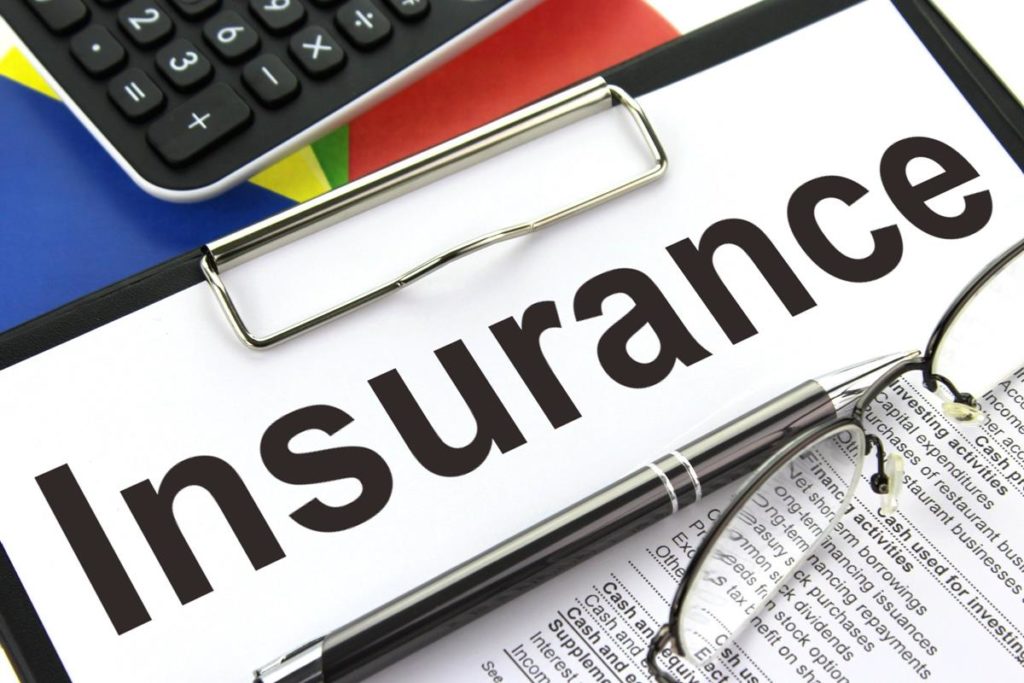Purchasing your first house is a significant life milestone that is frequently accompanied by both enthusiasm and some fear. Having the appropriate insurance coverage is essential, just one of the many duties that accompany being a homeowner.
Homeowners Insurance
What It Covers:
Homeowners insurance is the cornerstone of your protection plan. It typically covers the structure of your home, personal belongings, liability, and additional living expenses if your home becomes uninhabitable due to a covered event like a fire or storm.
Why It’s Essential:
This policy is often required by lenders before they approve a mortgage. Without homeowners insurance, you would be responsible for the full cost of repairing or replacing your home in the event of a disaster.
Cost Factors:
A number of variables affect the price of homeowners insurance, such as the home’s building type, age, location, and selected policy levels. Find the greatest bargain by comparing quotes and doing some shopping around.
You may be safe from unanticipated disasters and enjoy financial security and peace of mind with the right insurance coverage. In this piece, we’ll examine the ten insurance policies that any potential first-time homeowner ought to have.
Mortgage Insurance
Private Mortgage Insurance (PMI):
If your down payment is less than 20% of the home’s purchase price, your lender will likely require you to carry private mortgage insurance (PMI). This insurance protects the lender in case you default on your loan.
How PMI Protects Lenders:
PMI reduces the risk for lenders by covering a portion of the loan balance if you stop making payments. While it doesn’t protect you directly, it’s often a necessity for first-time buyers with limited savings.
When You Can Drop PMI:
Once you’ve built up 20% equity in your home, you can typically request to have PMI removed, which can save you hundreds of dollars annually.
Title Insurance
What Is Title Insurance?
Title insurance protects you from any legal disputes over the ownership of your home. If someone claims they have a right to the property, title insurance covers legal fees and potential losses.
Protecting Against Title Defects:
This insurance ensures that the property’s title is clear of any liens, errors, or omissions that could threaten your ownership. A thorough title search is conducted before closing to uncover any issues.
The Role of Title Search:
The title search checks for any legal or financial issues associated with the property, such as unpaid taxes, incorrect property descriptions, or undisclosed heirs. Title insurance kicks in if something is missed during this search.
Flood Insurance
Importance of Flood Insurance:
Standard homeowners insurance doesn’t cover flood damage. If your home is in a flood-prone area, flood insurance is essential to protect against water-related damages.
What Is Covered?
Flood insurance covers physical damage to your home and its foundation, electrical and plumbing systems, appliances, and personal belongings. It’s crucial for homes located in areas with a high risk of flooding.
Areas Prone to Flooding:
Even if you don’t live near a body of water, flooding can occur due to heavy rainfall, hurricanes, or snowmelt. FEMA’s flood maps can help you determine if you’re in a high-risk zone.
Earthquake Insurance
Why You Might Need It:
Like flood insurance, earthquake insurance isn’t included in standard homeowners policies. If you live in an area prone to seismic activity, such as California, earthquake insurance is a must.
Coverage Details:
This insurance covers the cost of repairing or rebuilding your home if it’s damaged by an earthquake. It may also cover personal belongings, but typically doesn’t cover secondary losses like land damage.
High-Risk Areas:
Homes in states like California, Alaska, and Washington are more likely to need earthquake insurance. However, even in areas with lower risk, it’s worth considering depending on the construction and location of your home.
Liability Insurance
Protecting Your Assets:
Liability insurance is a critical component of your homeowners policy. It covers legal expenses and damages if someone is injured on your property and sues you. This could include slip-and-fall accidents, dog bites, or other injuries.
What Is Covered?
This insurance covers medical bills, legal fees, and settlements or judgments against you. It can also extend to incidents that occur away from your home, like if your dog bites someone at the park.
Umbrella Policies for Extra Protection:
If you have significant assets, consider an umbrella policy for additional liability coverage. This extends your liability limits beyond what your homeowners insurance provides, offering an extra layer of security.
Personal Property Insurance
Coverage for Your Belongings:
Personal property insurance covers the cost of replacing your belongings, such as furniture, electronics, and clothing, if they are damaged or stolen.
Replacement Cost vs. Actual Cash Value:
There are two main types of personal property coverage: replacement cost and actual cash value. Replacement cost covers the amount it would take to replace the item with a new one, while actual cash value accounts for depreciation.
High-Value Items Coverage:
If you own high-value items like jewelry, art, or collectibles, you may need additional coverage beyond what a standard policy offers. These items often require a rider or endorsement to ensure they’re fully protected.
Loss of Use Insurance
What It Covers:
Loss of use insurance, also known as additional living expenses (ALE) coverage, pays for the cost of living elsewhere if your home becomes uninhabitable due to a covered event, like a fire or severe storm.
When It’s Applicable:
This coverage can help pay for temporary housing, meals, and other living expenses while your home is being repaired or rebuilt. It’s a crucial safety net that ensures you won’t be left without a place to stay.
Living Expenses Coverage:
Most policies have a limit on the amount they’ll pay for additional living expenses. Be sure to review your policy to understand what’s covered and for how long.
Windstorm Insurance
Who Needs Windstorm Insurance?
Windstorm insurance is particularly important for homeowners in coastal areas where hurricanes and strong winds are common. This policy covers damage caused by high winds, hail, and wind-driven rain.
Coverage Options:
Windstorm coverage can be included in your homeowners policy or purchased as a separate endorsement. Depending on your location, your insurer may require a separate windstorm policy.
High-Risk Coastal Areas:
If you live in a coastal area, check with your insurance provider about windstorm coverage. States like Florida, Texas, and the Carolinas are known for their susceptibility to hurricanes and may have specific insurance requirements.
Sewer Backup Insurance
Why It’s Important:
Sewer backup insurance covers damage caused by water backing up into your home through sewers or drains. This type of damage isn’t covered by standard homeowners policies, making this additional coverage essential.
Coverage Details:
This insurance covers the cost of cleaning up the water damage, replacing damaged items, and repairing the sewer system. It’s especially important if your home has a basement or is located in an older neighborhood with outdated sewer lines.
How to Prevent Sewer Backups:
While insurance provides financial protection, taking preventive measures like installing a backwater valve or regularly maintaining your sewer lines can reduce the risk of a backup.
Conclusion
It can be intimidating for first-time homebuyers to navigate the insurance world, but doing so is essential to safeguarding your investment. The ten insurance plans mentioned above offer complete protection against a variety of dangers, including common accidents and natural disasters. You can make sure that your new house is secured against unforeseen events by carefully evaluating your needs and choosing the appropriate coverage.
FAQs
What is the most important insurance policy for first-time homebuyers?
Homeowners insurance is the most critical policy, as it covers the structure of your home and your belongings, and provides liability protection.
Can I bundle my insurance policies to save money?
Yes, many insurance companies offer discounts if you bundle multiple policies, such as homeowners, auto, and liability insurance.
How can I reduce the cost of my homeowners insurance?
You can reduce costs by increasing your deductible, improving your home’s security, and shopping around for the best rates.
Do I need flood insurance if I don’t live near water?
Flooding can occur in various areas, even those not near water bodies. It’s worth checking FEMA’s flood maps to see if your area is at risk.
What happens if I don’t have enough insurance coverage?
If you’re underinsured, you may have to pay out of pocket to cover damages that exceed your policy limits, which could be financially devastating.


